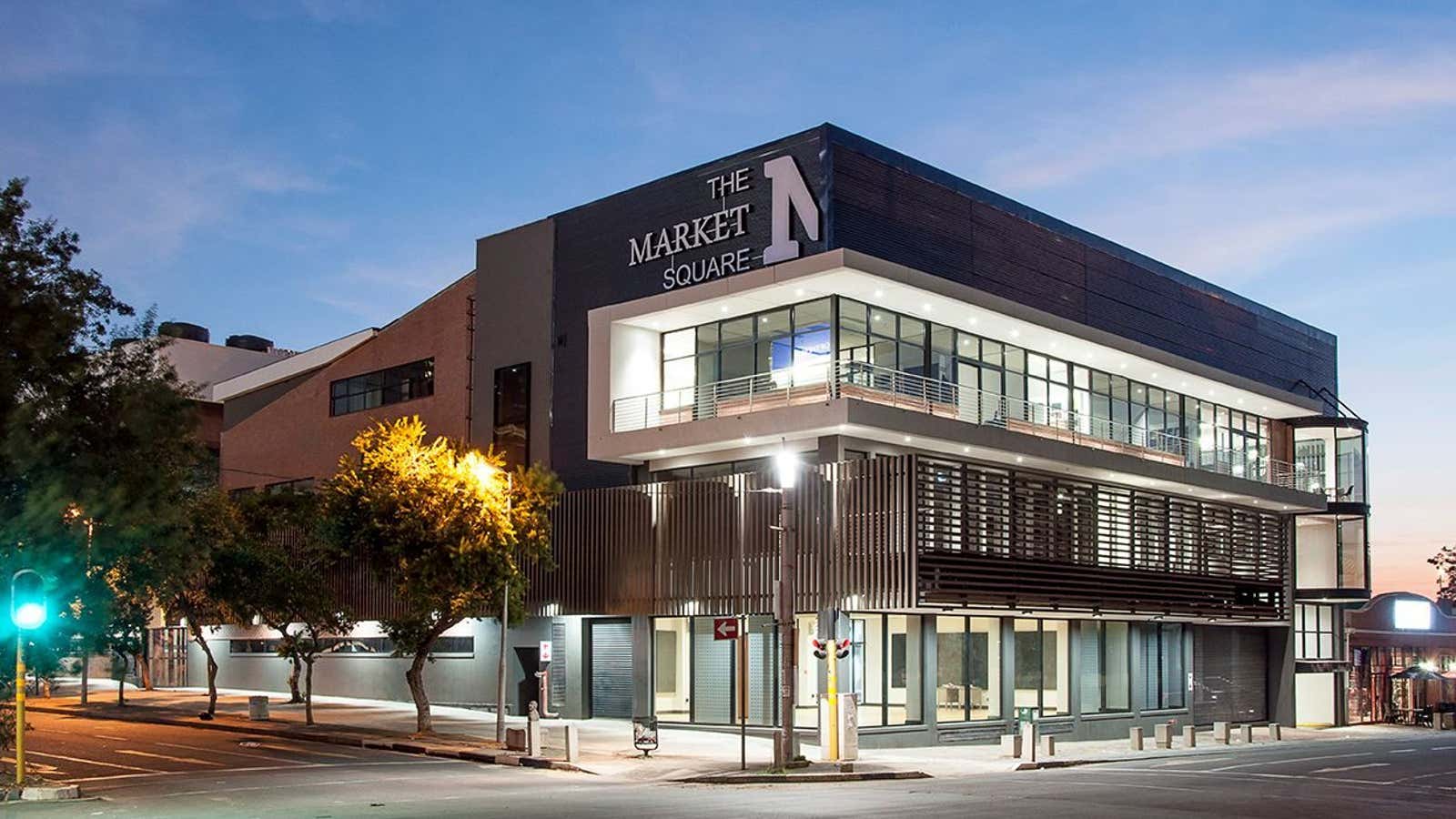The head of South Africa’s Market Photo Workshop, Lekgetho Makola, is very particular about how the historic Johannesburg photography school describes its teaching model.
“We don’t use the word training,” Makola said, speaking at an event about the Workshop’s role in South African culture at the Open Society in New York on Thursday (April 19.) “It’s a little bit archaic. Students, because they’re coming to be ‘trained,’ they become passive, and not interactive,” he continued. “I think language is really critical, if you change terms and use something different, I think it effects the psychology of the person, they see themselves as a participants in this knowledge cultivation.”
While Makola says he isn’t strict about applying this rule, this approach reflects a broader conversation taking place in South Africa about how to reshape and “decolonize” the country’s education system.
The Market Photo Workshop was founded in 1989 by world-renowned photographer David Goldblatt, to provide photography and visual literacy skills to marginalized South Africans. It has since grown to include a gallery and project space with 18 employees, and offers four courses that walk students through the foundational skills of photography through to advanced documentary projects. The school’s distinguished alumni include photographers Jodi Bieber and Musa Nxumalo, as well as award-winning contemporary artists Zanele Muholi and Lebohang Kganye. Kganye spoke at the event with Makola, on a panel moderated by the Sean Jacobs, the founder and editor of Africa is a Country.
The decolonization debate springs in part from South Africa’s struggles to deal with persistent inequality—education costs remain out of reach for the majority of the country’s black population. But it also speaks to a desire amongst young people to have more say over the country’s future, discouraged as they are by the ruling ANC’s failure to deliver on some of the promises it made when it came to power 24 years ago, including free education. This movement has culminated in regular #FeesMustFall protests by students demanding free education and targeting colonial and post-colonial artworks and statues that they feel symbolize colonial oppression. But his approach has been divisive—in March, David Goldblatt said he was moving his photography archive out of South Africa because he felt the #FeesMustFall movement’s approach to art was verging on censorship.
Debates over freedom of expression aside, for Makola, it’s important that students of the Market Photo Workshop be active participants in their learning and be able to interrogate norms. “I think the activists out there believe education, the training model, is making people zombies. You get into the system, you’re stuffed through, you come out of the system, you become zombies to respond to a monopoly. ‘Training’ becomes a political terminology. We want to deconstruct that. We learn and teach.”
